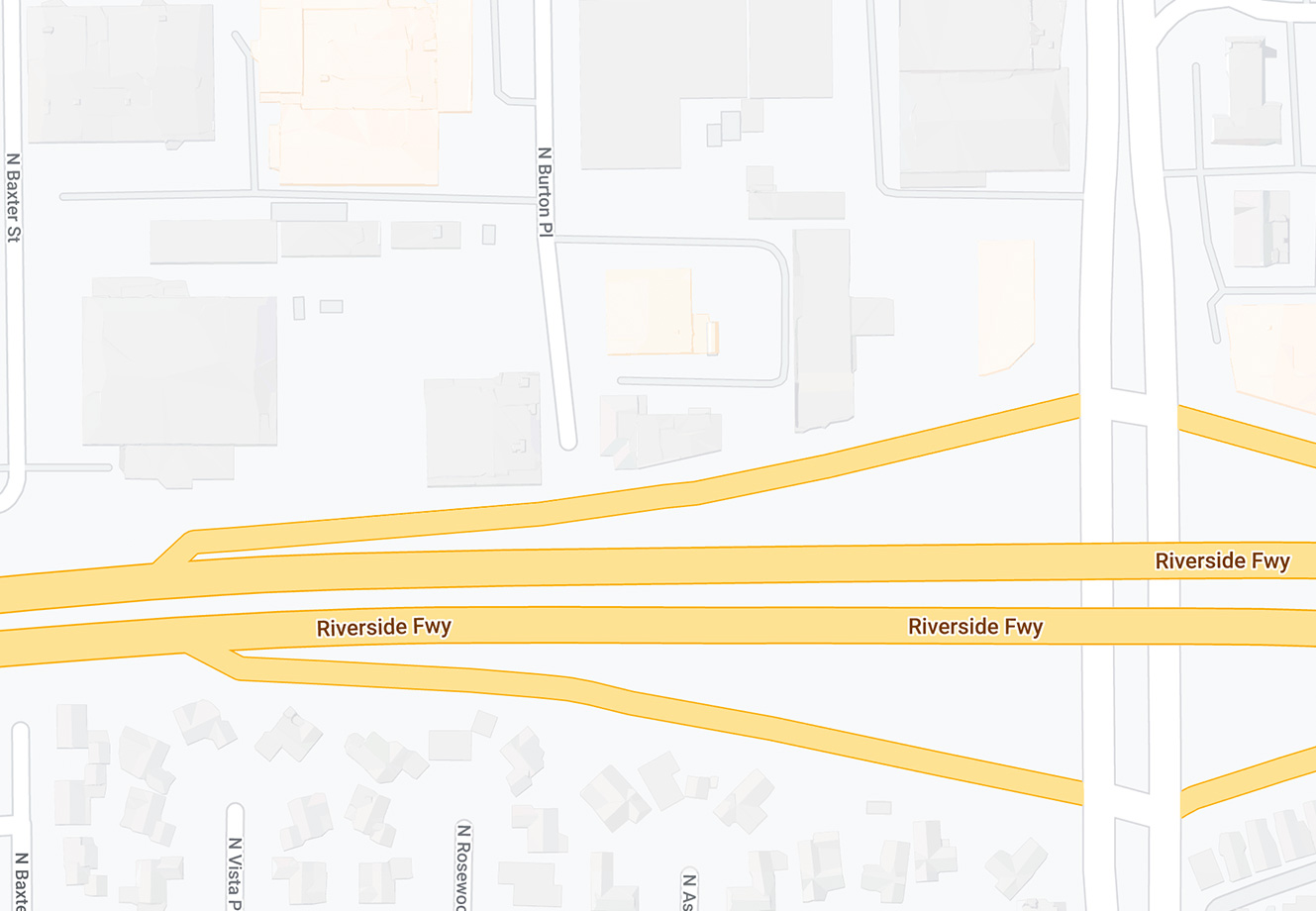Recognizing Early Signs of Seizures in Pets and How to Respond

Seizures in pets can be a frightening experience for both animals and their owners. Whether it’s your dog, cat, or other companion, knowing the early signs of seizures and how to respond appropriately can make a crucial difference in your pet’s health and safety. As a responsible pet owner, recognizing these warning signs and seeking prompt care from an emergency animal vet can help prevent complications and ensure your pet receives the best possible treatment.
At CASE Hospital – California Animal Specialty & Emergency in Anaheim, CA, our team of experienced veterinarians is equipped to handle all types of emergency cases, including seizures. We understand how alarming these events can be, and we’re here to guide pet owners every step of the way.
What Causes Seizures in Pets?
Seizures occur when there is sudden, abnormal electrical activity in a pet’s brain, which can lead to a range of physical and behavioral symptoms. While some pets may experience a single seizure in their lifetime, others may develop recurrent episodes due to underlying health conditions. Common causes include:
-
Epilepsy: A neurological disorder that often leads to recurring seizures.
-
Toxins or Poisoning: Ingesting certain foods, medications, or household chemicals can trigger seizures.
-
Metabolic Disorders: Issues such as low blood sugar, kidney or liver disease can contribute.
-
Brain Tumors or Infections: Abnormal growths or infections in the brain can affect neurological function.
-
Genetic Predispositions: Certain breeds are more susceptible to seizures.
Understanding these potential causes emphasizes the importance of seeking professional guidance from an animal vet if your pet experiences any seizure-like behavior.
Early Signs of Seizures in Pets
Seizures may manifest in different ways depending on the severity and underlying cause. Recognizing the early signs can help you intervene promptly:
1. Behavioral Changes
Before a seizure, pets may show subtle behavioral changes, also known as the “prodromal phase.” This may include:
-
Increased restlessness or pacing
-
Excessive attention-seeking or clinginess
-
Hiding or withdrawal from family members
-
Sudden irritability or aggression
These behaviors can occur hours or even days before a seizure, signaling the need for observation and preparation.
2. Physical Signs
Physical indicators often precede the actual seizure event:
-
Trembling or shaking
-
Stiffening of the body
-
Unusual facial expressions or eye movements
-
Sudden loss of coordination or balance
Paying attention to these subtle signs can give you a heads-up to monitor your pet closely and prepare for emergency care if necessary.
3. Aura Phase
Some pets experience an “aura” right before a seizure, which is a sensory or emotional change. This may include:
-
Sniffing or licking at certain areas
-
Unexplained vocalizations, like whining or yelping
-
Restlessness or pacing in a specific pattern
Recognizing this stage is crucial, as it gives you time to move your pet to a safe area and avoid injury during the seizure.
During a Seizure: How to Respond
Witnessing a seizure can be alarming, but knowing how to react calmly is key to keeping your pet safe:
-
Stay Calm: Pets can sense anxiety, and staying calm helps them feel less distressed.
-
Move Them to a Safe Space: Clear the area of furniture, sharp objects, or other hazards. Cushion their head with a soft towel if possible.
-
Do Not Restrain: Trying to hold your pet down can cause injury. Allow the seizure to run its course.
-
Time the Seizure: Most seizures last between 30 seconds and 2 minutes. If it goes beyond 5 minutes, it’s a medical emergency requiring immediate intervention by an emergency animal vet.
-
Avoid Putting Your Hands in Their Mouth: Pets may bite reflexively; never attempt to give water or medications during the seizure.
After the Seizure: Postictal Care
Once the seizure ends, your pet may enter the postictal phase, which can last from a few minutes to several hours. During this time, pets may appear:
-
Confused or disoriented
-
Weak or wobbly on their legs
-
Hungry or thirsty
-
Restless or anxious
Offer a quiet, comfortable space for your pet to recover. Avoid giving food or water immediately if they are still unsteady, and closely monitor their behavior.
When to Contact an Emergency Animal Vet
While some seizures may be isolated incidents, others indicate a serious underlying health problem. You should contact an emergency animal vet immediately if:
-
The seizure lasts longer than 5 minutes
-
Your pet experiences multiple seizures in a short period (cluster seizures)
-
There are signs of injury, difficulty breathing, or prolonged unconsciousness
-
Your pet has never had a seizure before
Prompt medical attention can prevent complications, identify the cause, and provide life-saving treatment.
Preparing for a Seizure Emergency
Being proactive can help minimize the impact of a seizure on your pet:
-
Keep a seizure log: Note the date, time, duration, and symptoms of each episode.
-
Maintain contact info: Have your local emergency animal vet’s contact information readily available.
-
Pet-proof your home: Remove sharp objects and create a safe space for your pet during episodes.
-
Follow medical advice: Administer medications as prescribed and attend all follow-up appointments.
These steps ensure that both you and your pet are prepared for unexpected episodes and can improve the outcome of treatment.
Protect Your Pet with CASE Hospital – California Animal Specialty & Emergency
Seizures in pets can be frightening, but early recognition and quick response are critical for their health and safety. At CASE Hospital – California Animal Specialty & Emergency in Anaheim, CA, our team of experienced veterinarians provides expert care for pets experiencing seizures and other urgent medical issues.
Whether it’s your first seizure encounter or a recurring condition, we are here to guide you with compassionate care, advanced diagnostics, and immediate treatment. Don’t wait until it’s too late—contact CASE Hospital, your trusted animal vet and emergency animal vet in Orange County, to ensure your pet receives the care they deserve.
Your pet’s health and safety are our top priorities. Schedule a consultation today or visit us immediately if your pet experiences a seizure. With the right knowledge and professional support, you can navigate these emergencies with confidence and give your furry companion the best chance for a healthy, happy life.

